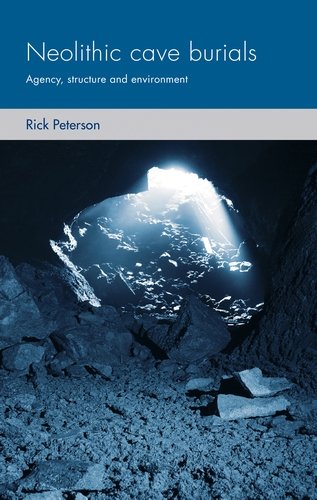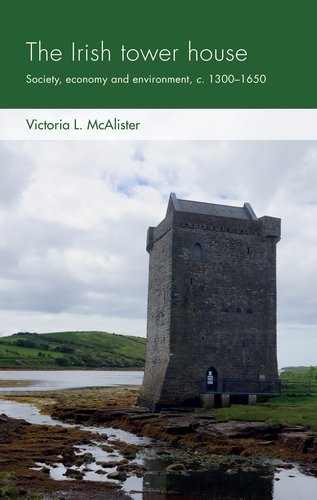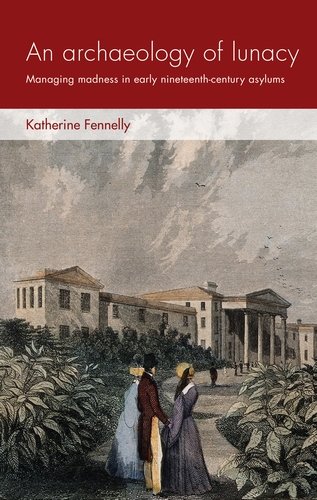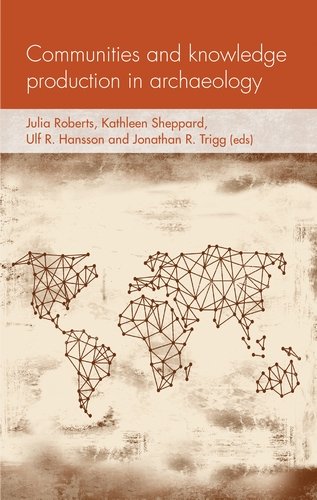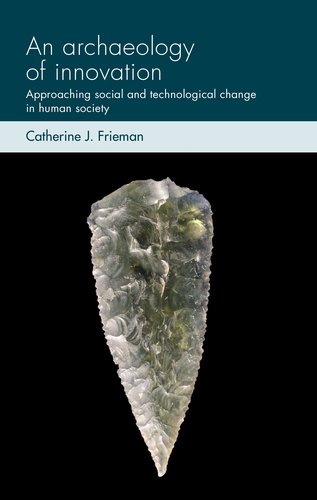Early Anglo-Saxon cemeteries
Kinship, community and identity
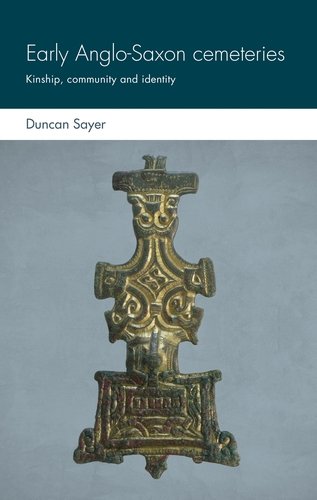
Early Anglo-Saxon cemeteries are known for their grave goods, but this abundance obscures their interest as the creations of pluralistic, multi-generational communities. This book explores over one hundred early Anglo-Saxon and Merovingian cemeteries, using a multi-dimensional methodology to move beyond artefacts. It offers an alternative way to explore the horizontal organisation of cemeteries from a holistically focused perspective. The physical communication of digging a grave and laying out a body was used to negotiate the arrangement of a cemetery and to construct family and community stories. This approach foregrounds community, because people used and reused cemetery spaces to emphasise different characteristics of the deceased, based on their own attitudes, lifeways and live experiences. This book will appeal to scholars of Anglo-Saxon studies and will be of value to archaeologists interested in mortuary spaces, communities and social archaeology. -- .

Duncan Sayer is Professor of Archaeology at the University of Central Lancashire

